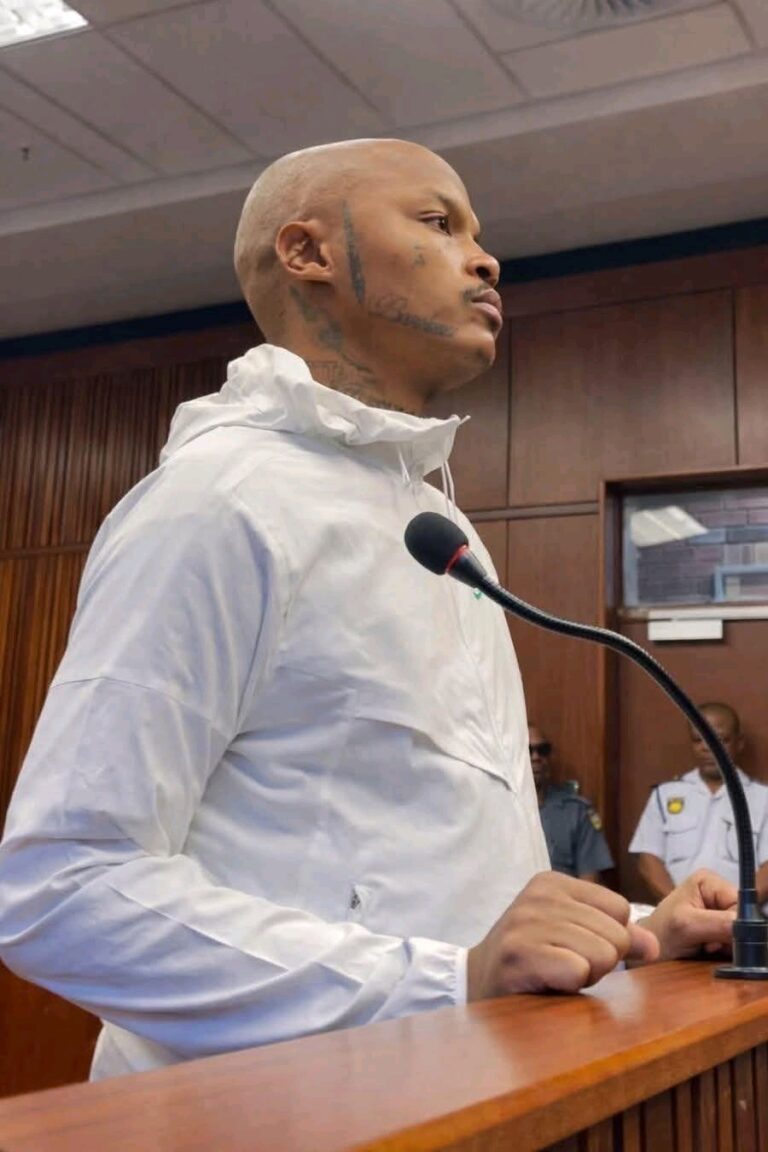
A viral video of Jozi FM radio personality Penny Ntuli twerking on the side of a busy freeway has ignited a heated conversation across South Africa about road safety, social media culture, and personal responsibility.
The clip, shared by Ntuli on Facebook, shows her dancing with a friend holding a bottle of alcohol as trucks and cars sped past. The post’s caption suggested a carefree message about enjoying life despite its challenges. While some praised her lighthearted attitude, the overwhelming response was critical, with many concerned about the dangerous setting and the potential consequences of her actions.

RTMC Condemns the Stunt
The Road Traffic Management Corporation (RTMC) quickly issued a statement condemning Ntuli’s behavior. They emphasized that under the National Road Traffic Act (NRTA), pedestrians are prohibited from walking or stopping on freeways unless in emergencies such as vehicle breakdowns.
“The RTMC is astonished by this behaviour on our national roads. Content creators should not risk their lives for ‘likes’. #NizofaNina,” the authority said on social media.
Road safety experts echoed the warning, highlighting that pedestrian deaths account for roughly 35–40% of all road fatalities in South Africa. They stressed that performing stunts on highways not only endangers the individuals involved but also distracts drivers, potentially triggering accidents.
https://x.com/newslivesa/status/1965479960568869192?t=yW6LdeoXmiln_QMK8nbj4Q&s=19
Penny Responds: Clarification and Apology
Facing widespread criticism, Ntuli released a follow-up video to explain her actions. She stated that she and her friend had been on a long-distance trip and had stopped briefly to stretch and get some fresh air. She denied consuming alcohol, asserting that she cannot handle it, and emphasized that she was fully aware of her surroundings during the twerk.
While she acknowledged that the location was unsafe and apologized to anyone concerned about distracting drivers or causing accidents, Ntuli maintained she would not apologize for the video itself. She cautioned her followers: “Please don’t be on the freeway doing what I did because it’s not safe.” Her intent, she explained, was to clarify misconceptions and discourage risky imitation, not to retract her expression of fun.
https://x.com/MDNnewss/status/1965694336219423099?t=WWT0VsvjxtohytNv8CcFlg&s=19
Public Reaction and Cultural Debate
The incident has sparked a broader discussion in South Africa about the balance between entertainment and responsibility. Some social media users defended Ntuli’s actions as youthful spontaneity, while others condemned the stunt as reckless behavior that could inspire copycats with serious consequences.
Many observers connected the video to a growing trend of influencers performing extreme or dangerous acts for online attention. With South Africa’s high pedestrian fatality rate, critics argue that this clip underscores the urgent need for content creators to weigh safety over likes.
A Cautionary Tale
Though Ntuli’s freeway twerk may have been intended as playful, it has sparked nationwide debate about public safety, social responsibility, and the influence of social media. Her video serves as a reminder that even a moment of fun can carry serious risks, and some “likes” simply aren’t worth endangering lives.







